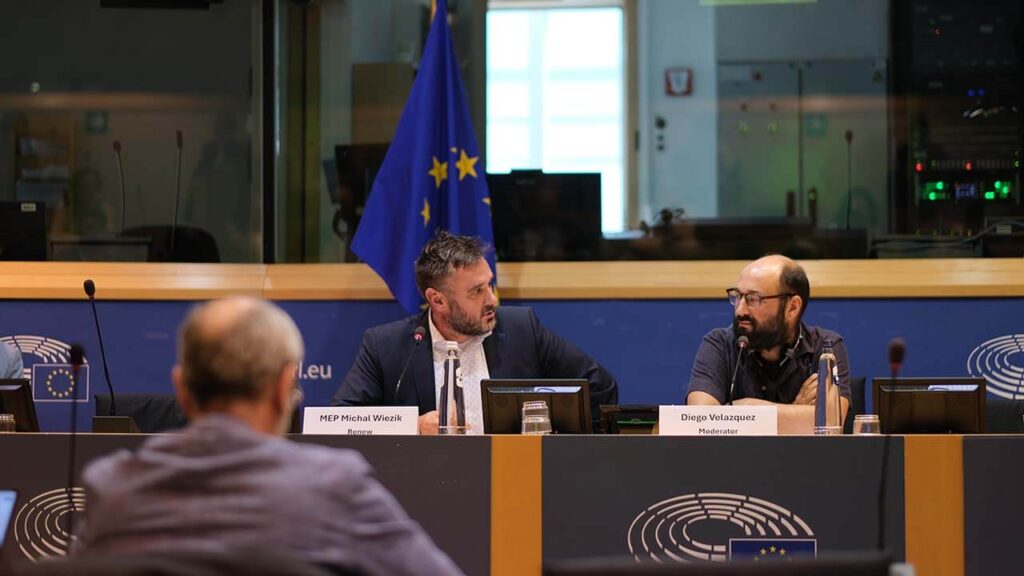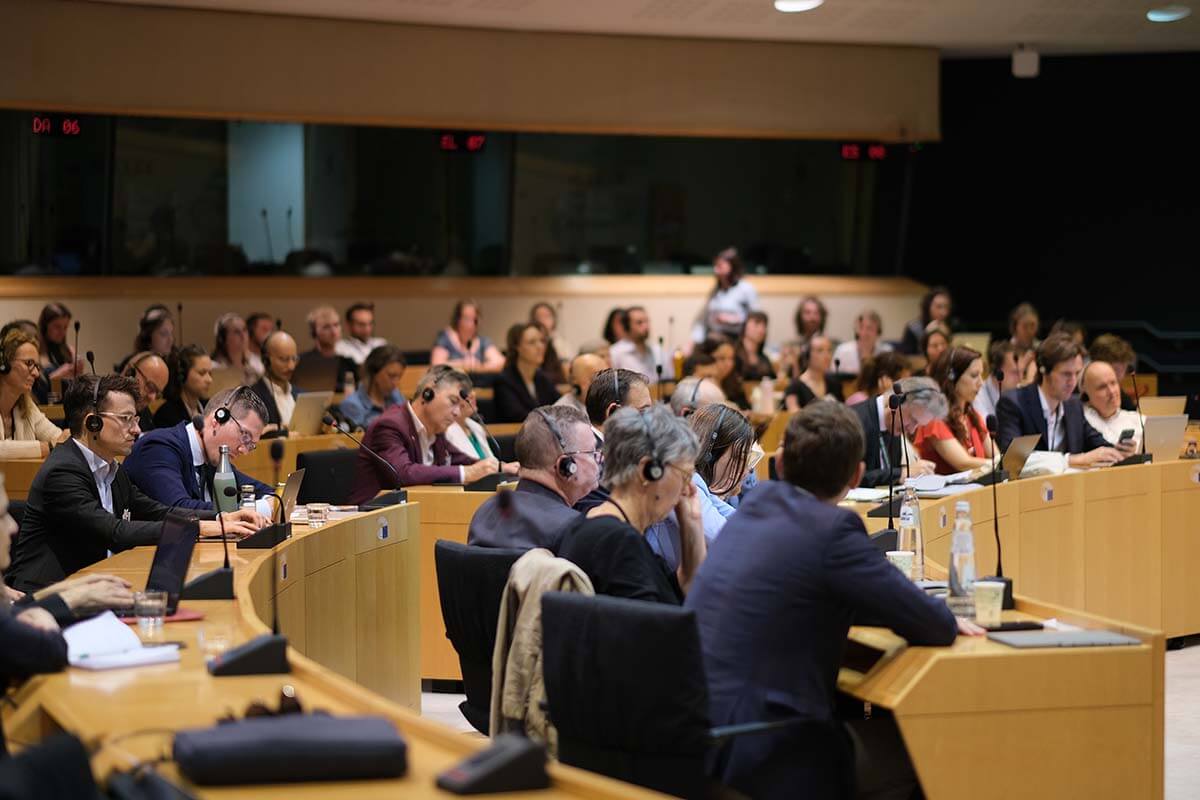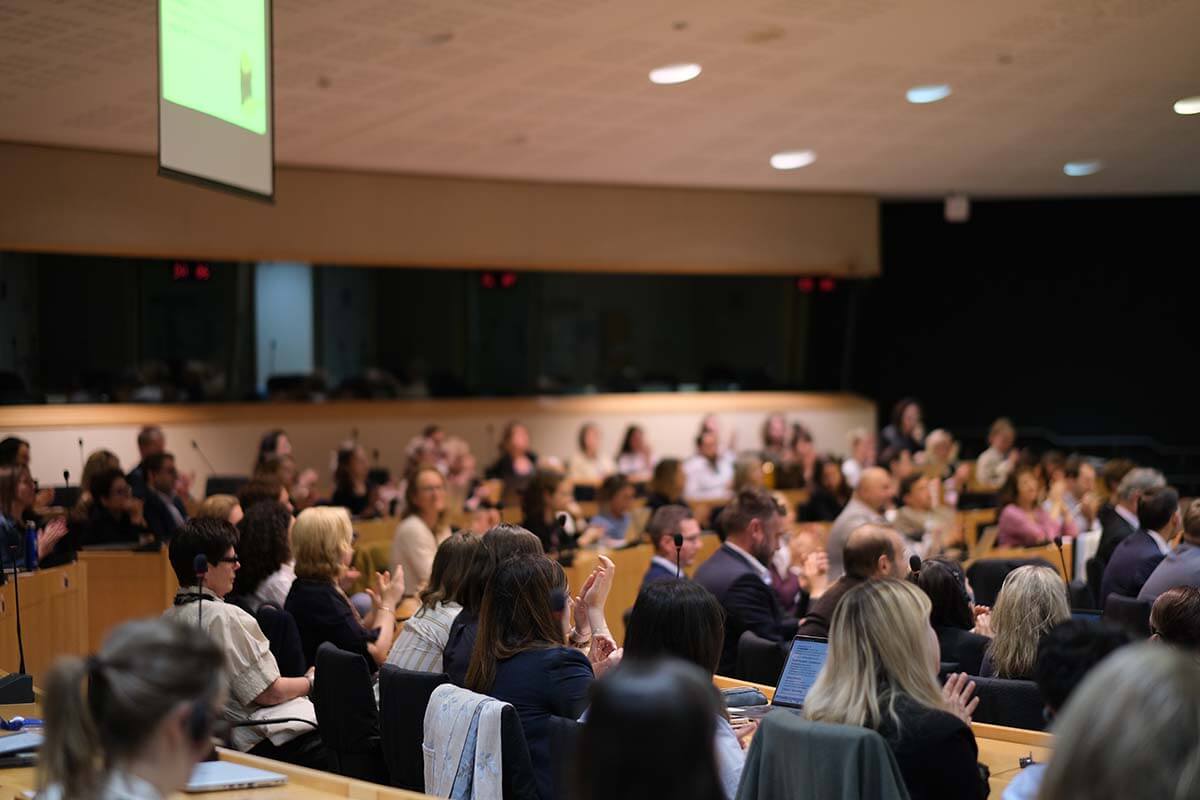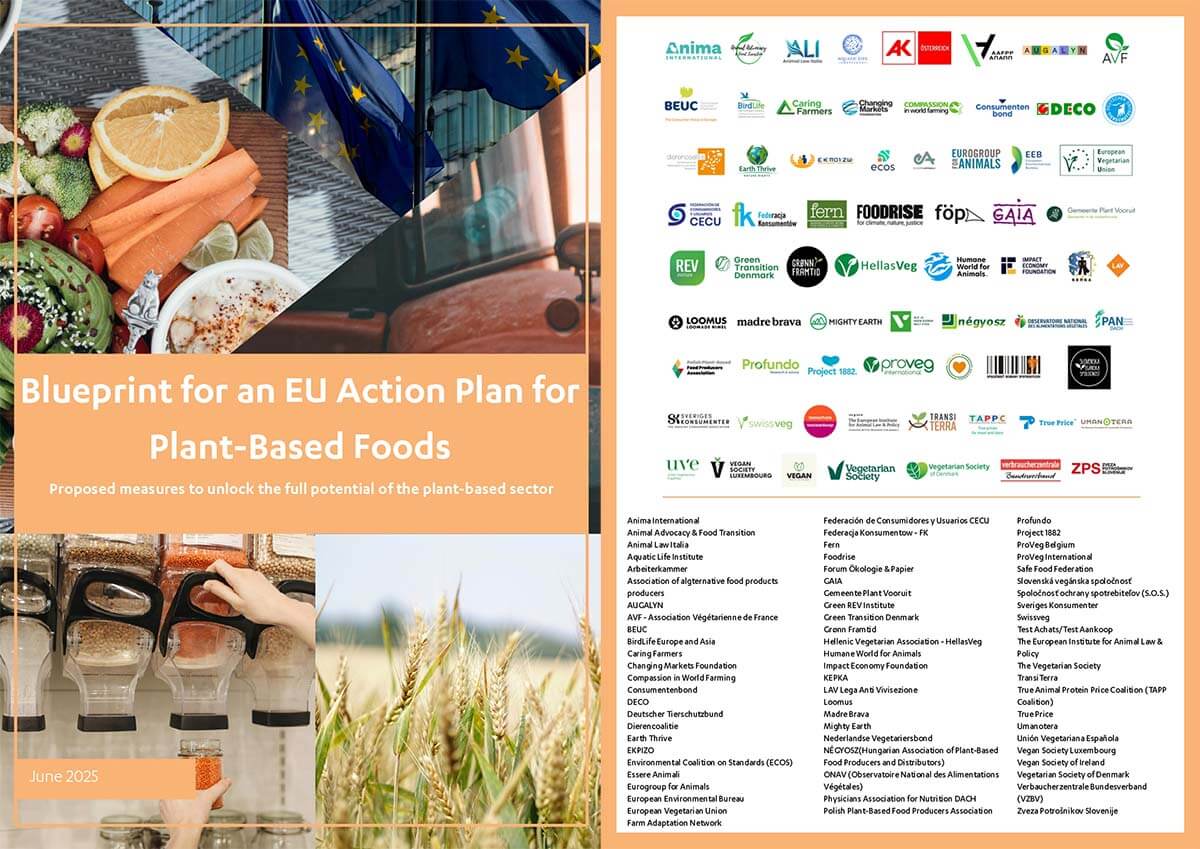
The future of the EU in the light of plant-based foods
Report from the EU Action Plan for Plant-based Foods conference in Brussels
On 11 June, Brussels hosted the EU Action Plan for Plant-based Foods, which sent a clear signal that the advance of plant-based foods is now an inescapable issue in the shaping of European food policy. The event was sold out and the high level of interest showed the increasing activity of professional, governmental and civil society actors. However, the plant-based sector still does not receive the attention on the political agenda that its economic, environmental and social importance would justify.
The advance of plant-based diets is no longer a fashion issue, but a comprehensive response to several global challenges. It is therefore an economic, health and environmental imperative.
The overall message of the event was clear: the rise of plant-based foods is not just about sustainability, but is a complex response to a number of interlinked challenges facing the European Union:
- to increase food security and self-sufficiency,
- to stabilise the situation of farmers,
- to mitigate the effects of climate change,
- to reduce health expenditure,
- and to increase consumer choice.
But let’s see what was covered in the many technical presentations:

Competitiveness and security: new key words in EU agricultural policy
The future of the food system is not only a sustainability issue, but also a competitiveness issue. Supply chains are increasingly exposed to global risks: dependence on fertiliser and feed imports, geopolitical tensions, logistical vulnerabilities.
One of the main advantages of crop-based production is that it can reduce this exposure:
- requires fewer imported inputs,
- enables more efficient land use,
- and contributes to meeting climate targets.
The local production of plant protein sources can strengthen the EU’s food self-sufficiency, while also creating economic growth and new jobs in the agricultural and manufacturing sectors.
Protein transformation is inevitable
Currently, animal proteins dominate the European diet and plant alternatives are at a structural disadvantage. The current system still relies heavily on imported feed (e.g. soya), whereas many areas of the EU could be used to grow pulses, protein crops.
Protein transformation is the process whereby societies and food systems move away from animal proteins (meat, milk, eggs, fish) towards more sustainable, plant-based, alternative or new types of protein sources (legumes, cereals, oilseeds, algae, fermentation proteins, insect proteins, etc.)
Protein transformation is inevitable. But what is needed for it to succeed?
- Local vegetable protein production should be encouraged.
- Reduce administrative and market barriers.
- Targeted investments should be made to help expand the processing industry.

Social acceptance, habits and fears
As with all change, there are concerns and misgivings. Some consumers and producers are still sceptical. What factors are behind the resistance:
- Cultural habits,
- fear of long-term investment,
- and economic uncertainty.
The experts stressed that “change cannot be forced, but it can be helped by clear incentives, education and a stable economic background.”
Raising consumer awareness is key to fostering social acceptance.
The health dimension
Nutrition is much more than a matter of individual choice and personal lifestyle. Poor nutrition currently leads to more than 1.7 million deaths and €282 billion in healthcare costs in the EU every year. So the issue is very much a social issue, a public issue.
The spread of plant-based diets could significantly reduce it:
- The risk of cardiovascular disease,
- diabetes,
- and other chronic problems.
Creating a healthier food environment would therefore have not only individual but also systemic health benefits.
Recommendations and policy proposals
The conference also made a number of concrete policy recommendations, the implementation of which would be essential for a breakthrough:
1. Reform of the Common Agricultural Policy (CAP)
The current CAP does not provide sufficient incentives for a sustainable protein transition. It should:
- Long-term modelling and data-driven decision making,
- use of experience from organic production,
- development of performance indicators for crop sector development.
If the right preparations are made now, targeted crop-based incentives could be introduced in the post-2026 CAP cycle.
2. Education, consumer awareness, labelling
The key to education starts not in the shop, but in the classroom. This needs to be improved:
- strengthening school and community nutrition programmes,
- uniform EU definitions (e.g. “vegetarian”, “plant-based”),
- improved front-of-pack labelling systems.
The debate on health warnings on meat products also shows that the communication framework needs to be rethought.
3. Full involvement of the value chain
It is not enough to support the producer or the consumer, the whole food chain must be involved. The active involvement of retail players is essential. The Danish example was mentioned here, which involved the retail sector as a partner in the brainstorming process.
4. Rethinking support structures
During the changeover, particular attention should be paid to mitigating economic risks. The transition to more sustainable production can only be successful if it offers a predictable future for farmers. This requires new incentives that will provide them with a stable income during the transition. In particular, it is important to avoid that new production models lead once again to monocultural dead-ends. A balance between diversity, flexibility and environmentally friendly practices can provide long-term stability.
The aim of the transition is not just to maintain survival, but to enable farmers to develop, find new opportunities and become active beneficiaries of a changing food system.

The draft: a compass for the EU
The Blueprint for an EU Action Plan for Plant-Based Foods, a collaboration of more than 130 organisations, was published to coincide with the event. The document details why the EU should formally adopt a comprehensive action plan for plant-based foods by 2026.
The draft stresses:
- the importance of strengthening food security,
- empowering farmers and increasing internal EU supply,
- increasing the competitiveness of the sector through targeted funding,
- and the development of cooperation models covering the whole value chain.
The Action Plan provides not only targets but also detailed policy proposals, giving decision-makers concrete orientations ahead of the 2026 EU cycle.
The EU is at a historic moment
If the European Union acts in time, it can become a global leader in the sustainable development of plant-based foods, protecting the environment, people’s health and economic stability.